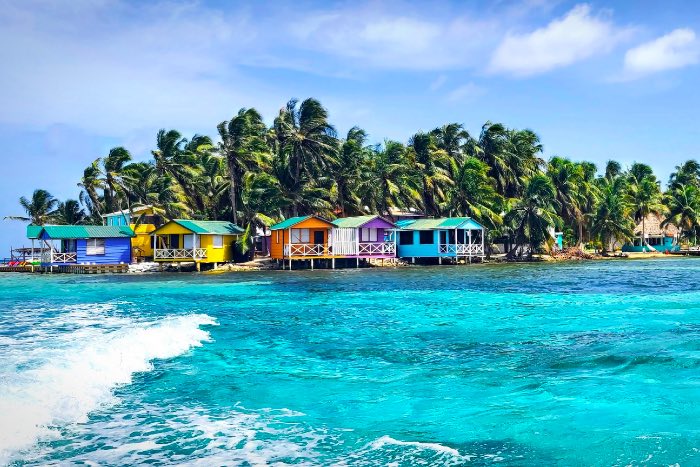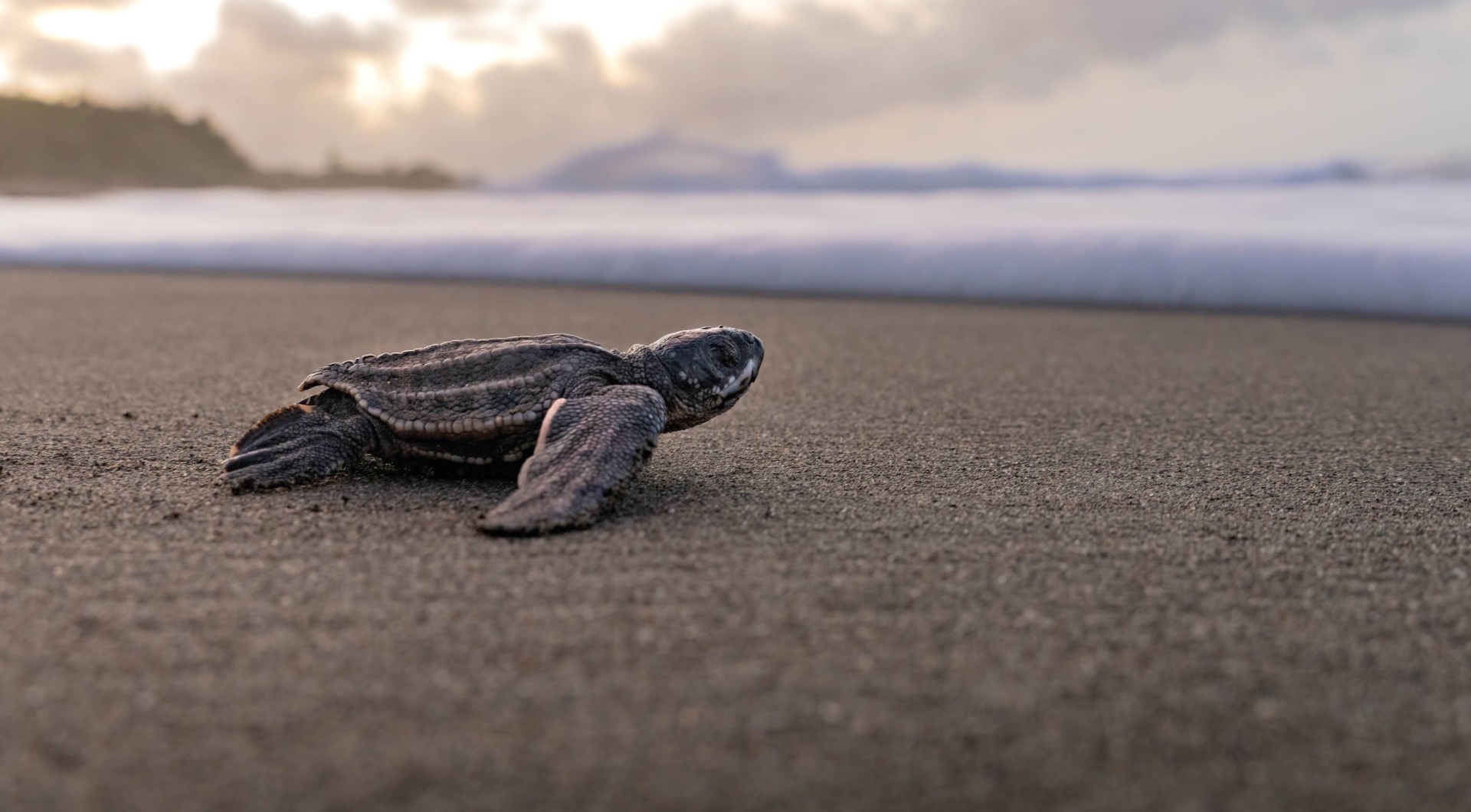
Costa Rica: Ecology & Ecotourism
Work alongside long-time conservationists as you observe sea turtles and hike through lowland and coastal rainforests investigating the ecogical and social factors that influence ecotourism in Costa Rica.
Course Overview
Imagine a place hidden in a dense jungle forest along the Caribbean Sea, a quasi-island surrounded by the ocean and canals. Only accessible by boat, visit Costa Rica like never before. With Ecology Project International, we spend time in this course immersing in the rainforest and coastal beaches with our incredible EPI partners at the Pacurare Reserve. Study three species of sea turtles in their native habitat while understanding how ecotourism intersects with research and education.
Costa Rica is one of the key leaders in the "green travel" movement and students will learn directly from local experts in this course. Students will also visit La Selva Biological Station, which has been home to hundreds of leading scientists over its 60 years. The people and forest of La Selva are unmatched as a place to understand lowland rainforest ecology and conservation.
In this course, we will take time to see how ecotourism can truly fulfill the promise of social, economic, and environmental benefits to local communities and global visitors while working to save key species in the process.
A typical day on this EE course includes exploration and hiking in the local environment, instructor and student-led discussions of key course topics, presentations, and engagement with local community experts, and time for inquiry investigations and journal writing. Prior to and following the field experience in Costa Rica, students will complete coursework via Canvas, Miami University's learning management system, as they apply experiences at home.
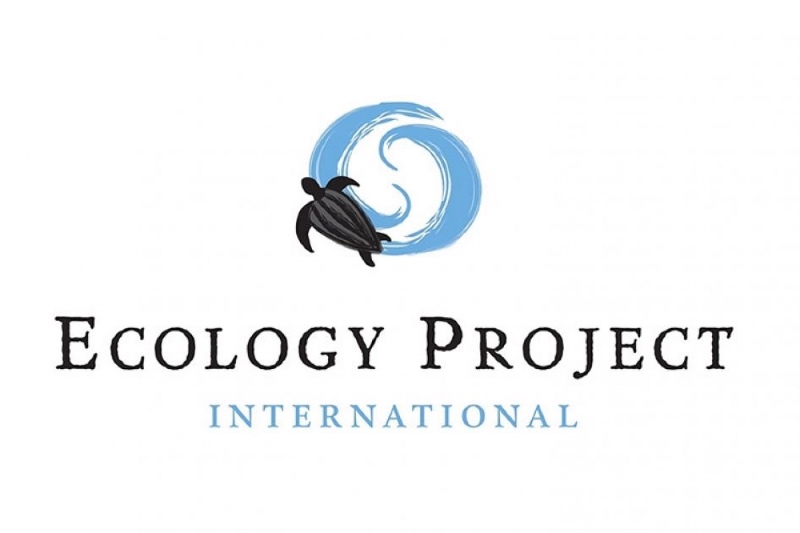 *** If you're interested in Costa Rica: Ecology & Ecotourism for Summer 2026, let us know by completing this short form. Note: This is not the EE application/course request form. Visit our Apply webpage for application instructions for the GFP or to take an Earth Expeditions stand-alone course. Current Dragonfly students' summer requests should be submitted using the form sent via email.
*** If you're interested in Costa Rica: Ecology & Ecotourism for Summer 2026, let us know by completing this short form. Note: This is not the EE application/course request form. Visit our Apply webpage for application instructions for the GFP or to take an Earth Expeditions stand-alone course. Current Dragonfly students' summer requests should be submitted using the form sent via email.
| Course Components | Details |
|---|---|
| In-Person Travel Dates |
August 2-11, 2026 Arrive at least one day before and depart on the day after the course ends. |
| Full Course Dates |
April to August online. |
| Course-Specific Themes |
-Sea turtle research and conservation. -Ecology of lowland and coastal rainforests. -Ecotourism and local practices. -Local communities and community-based environmental education. -Inquiry-based learning and participatory education. |
| Eligibility |
This course is open to first-year GFP master’s students, as well as any interested current students, or can be taken as a standalone course. An undergraduate degree is required. *Miami U. undergraduates with Graduate School permission may also apply. |
| Physical Requirments |
Longer walks around lodging areas to visit field sites; walking on beach, sometimes and at night during turtle surveys; time riding in boats for transit. |
| Lodging |
Dorm style facilities (2-8 per room) - each with own bed and area to place luggage; shared bathrooms. |
| Course Credits |
5 master's graduate credits or 7 CEUs (continuing education credits) can be earned. |
| Course Costs* |
There are two options to take this course: 1) Earn 5 graduate credits: $1300 program fee + $2275 for 5 credits tuition ($455 x 5 credits) + $175 Miami’s global programs fee = $3750 2) Earn 7 CEUs (Continuing Education Credits): $1300 + $400 instructional cost = $1700 All participants cover their own transport to San Jose, Costa Rica (airport code: SJO). |
*Includes meals, water (extra snacks and drinks not included), lodging, activities (optional activities not included), course transportation, and park entrance fees. For additional information, go to our Program Costs page.
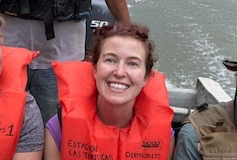
Planned Sites
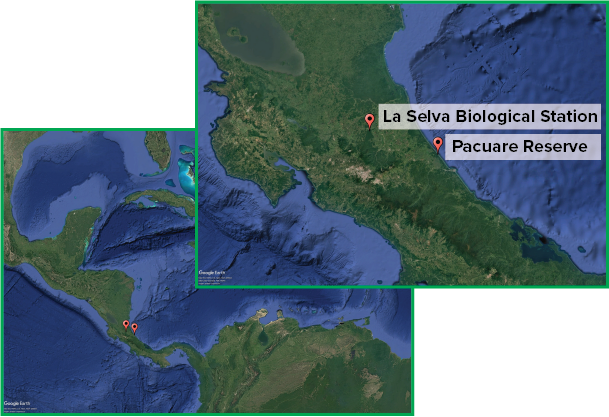
Pacuare Station
Pacuare's coastline is hugged by dense rainforest. What was once logged for timber or grazed by cattle is now a protected home for a wide variety of wildlife – more than 32 species of mammals, including jaguar, ocelot, three species of monkeys, and many reptiles call Pacuare home.
With beach, forest, canals, and freshwater habitats, Pacuare is also home to a wide variety of birds - 253 species currently! The rare and beautiful Agami heron nests in a small lagoon within the Reserve. It is the only nesting site in Costa Rica and one of only a few accessible nesting sites in the world.
The main trail runs the length of the Reserve through the forests located behind the beach, with other shorter trails leading to areas of special interest, making for enjoyable observations of the flora and fauna of the area.
La Selva Biological Station
La Selva Research Station offers 1,600 hectares of well-preserved old-growth and recovering wet lowland tropical forest showcasing some of the best-preserved elevational gradients in the tropics.
La Selva sits within a complex biological, socioeconomic, and political landscape that has been significantly transformed over the last 40 years by a continuously expanding agricultural frontier, burgeoning human population, and accompanying major infrastructure. Protected areas, such as La Selva, provide a rich opportunity for studying how natural ecosystems respond to a broader landscape matrix of human uses.
(Course locations are subject to change.)
Costa Rica Course Photos
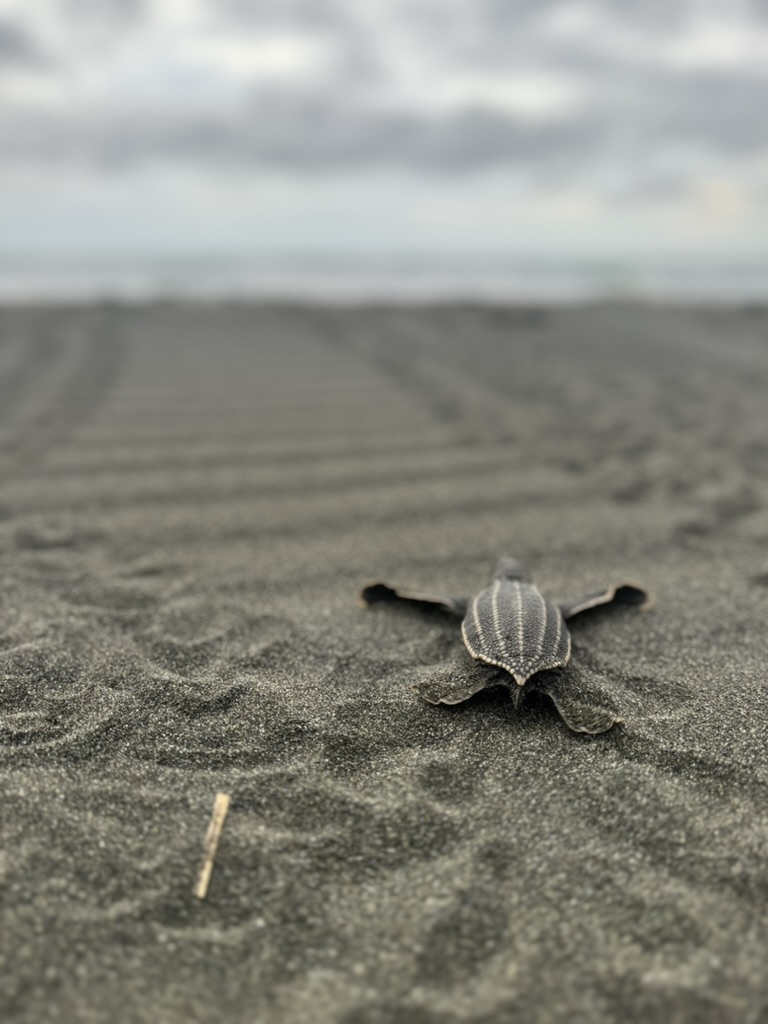
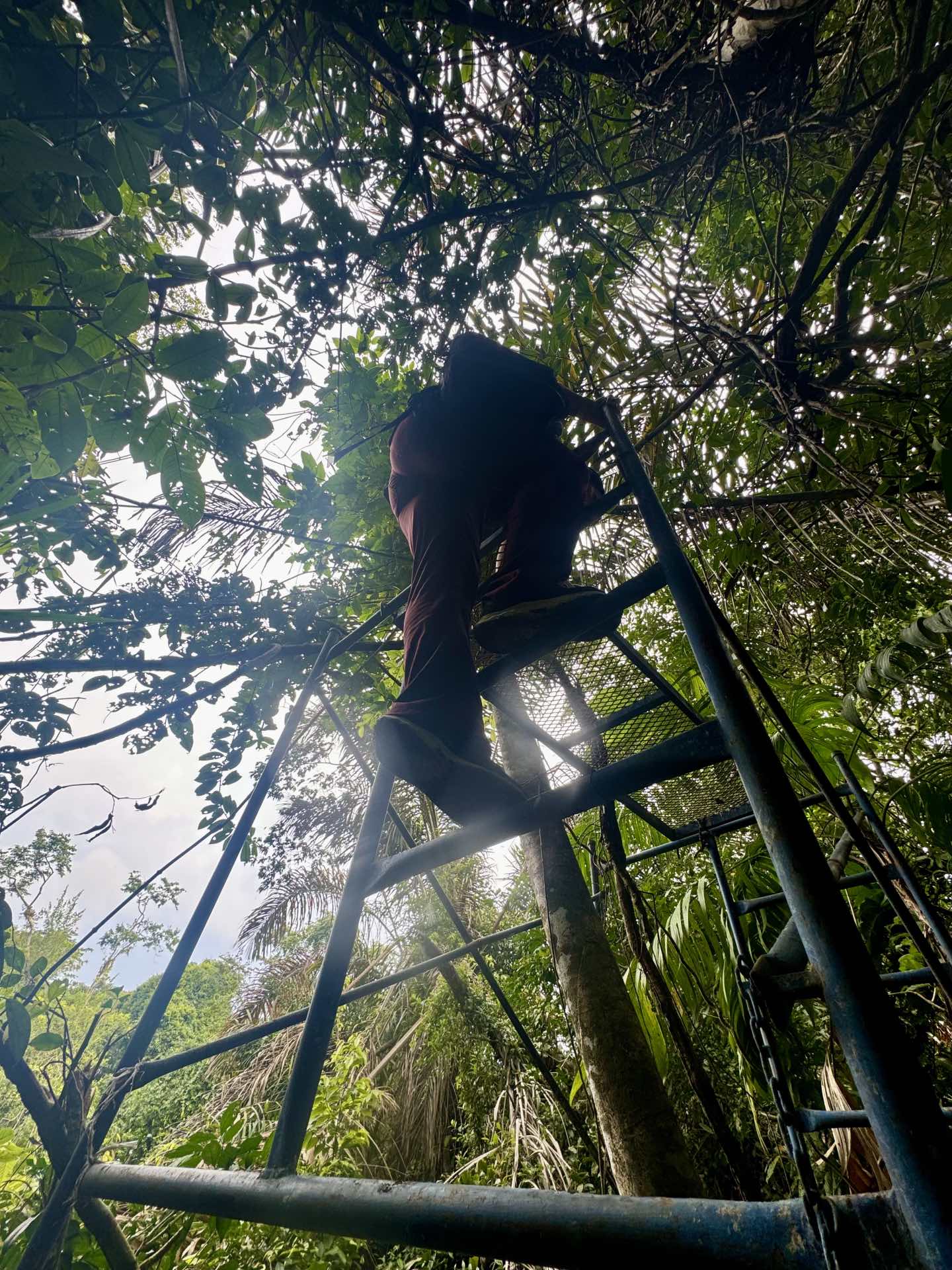
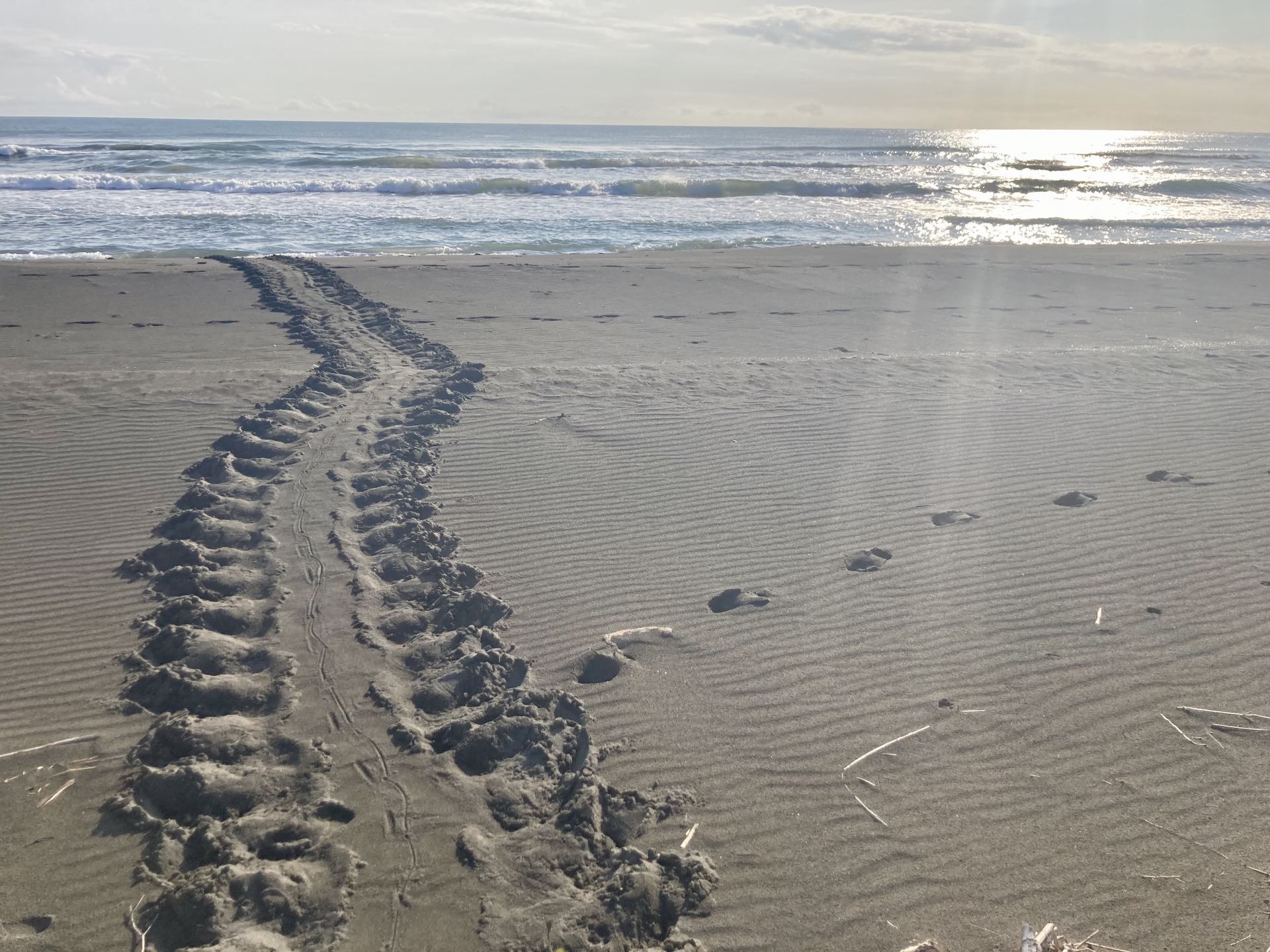
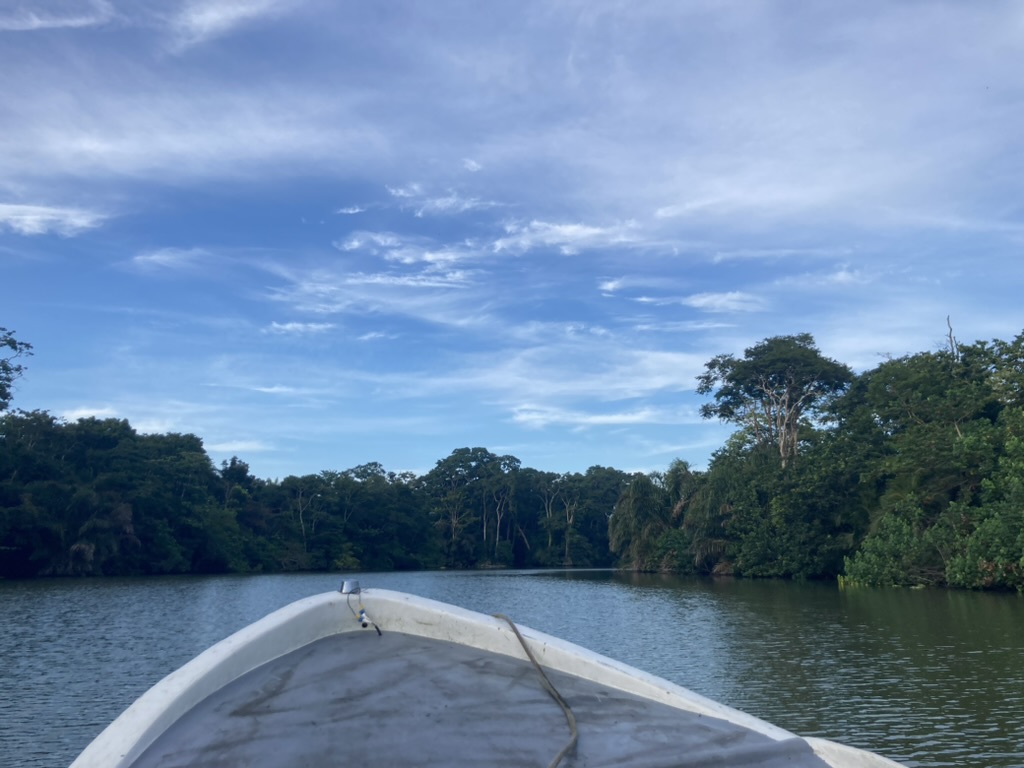
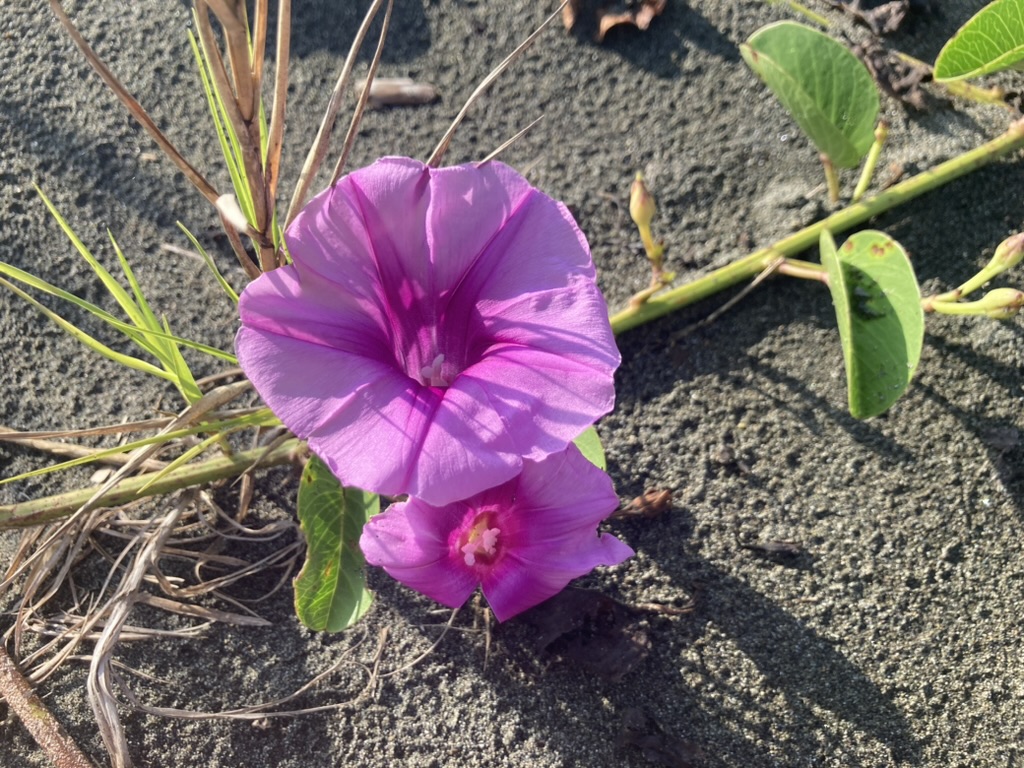
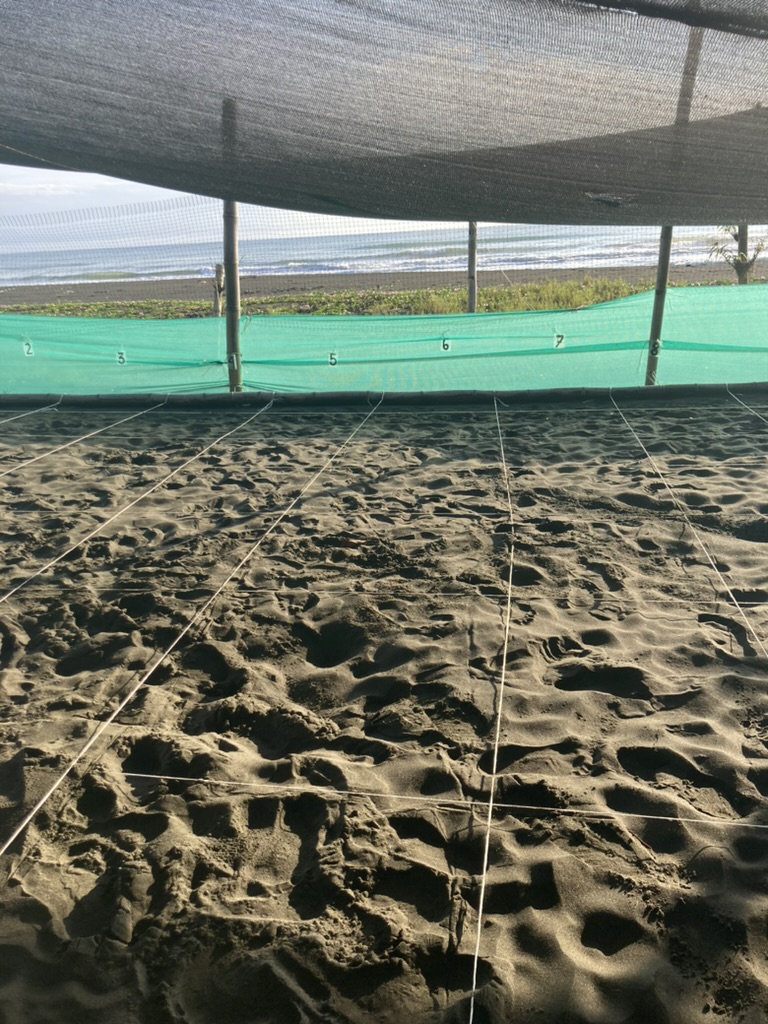
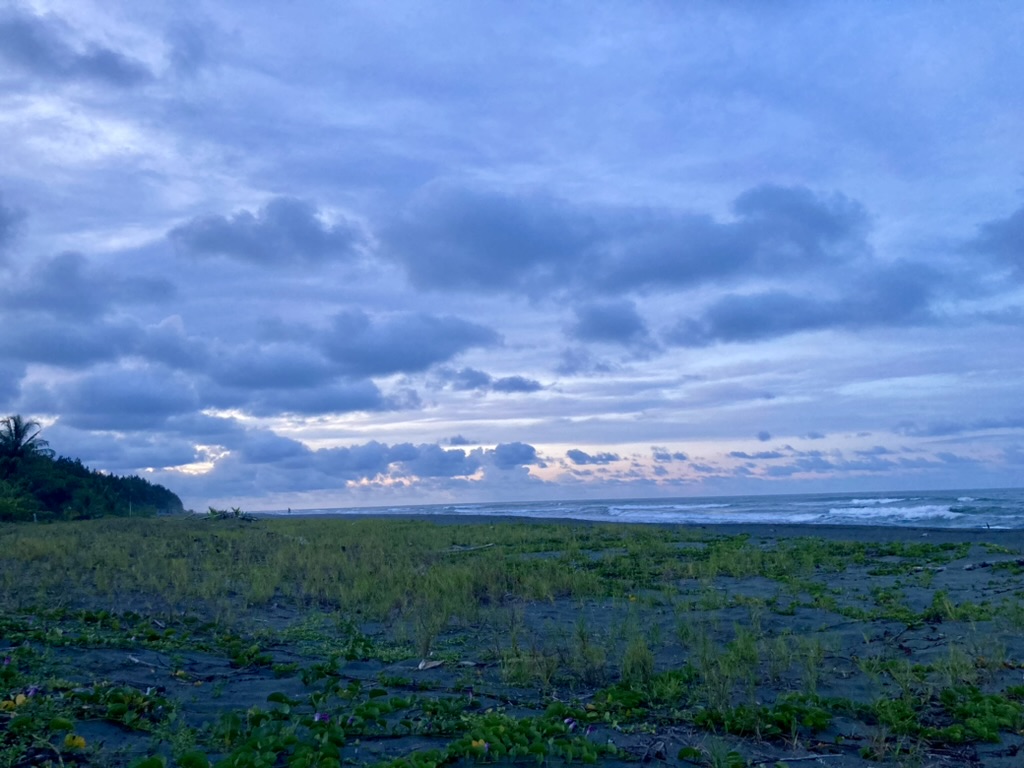
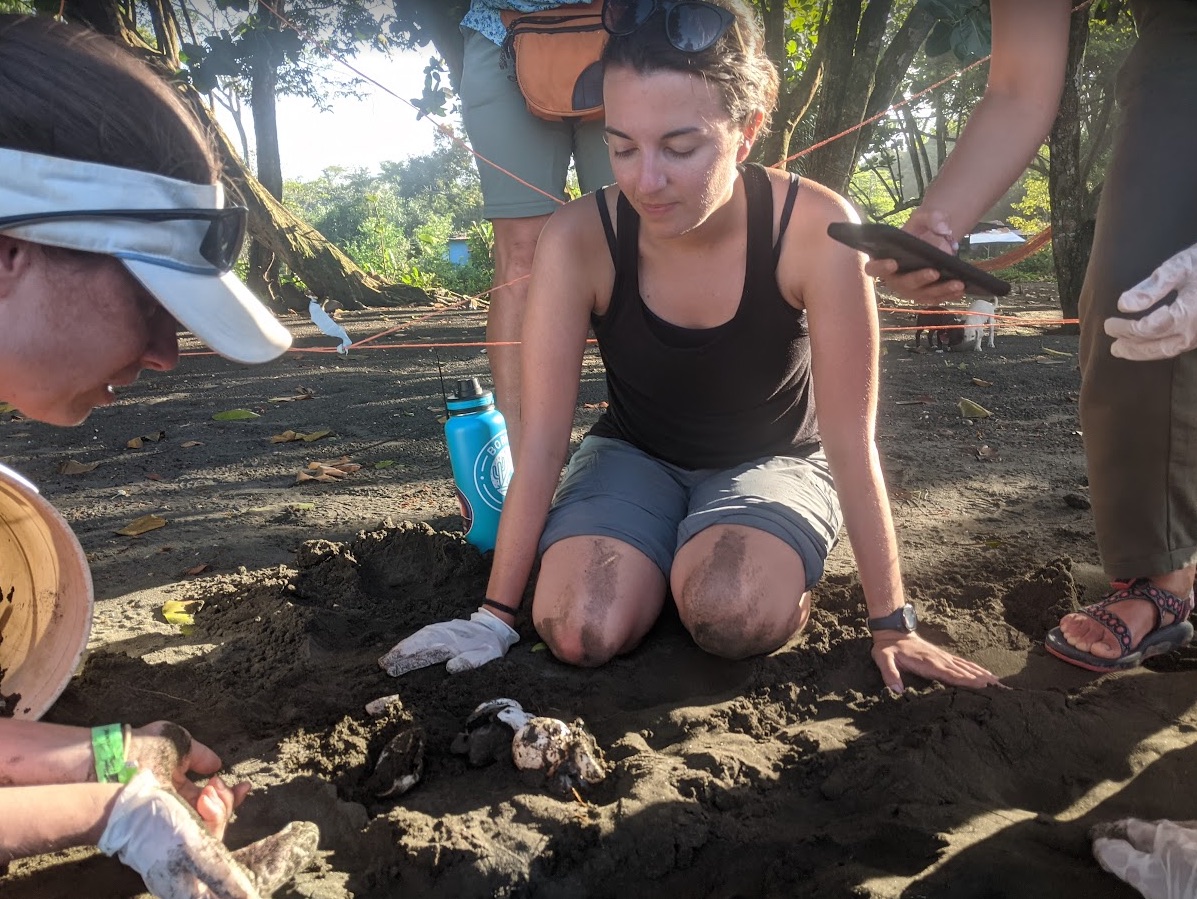
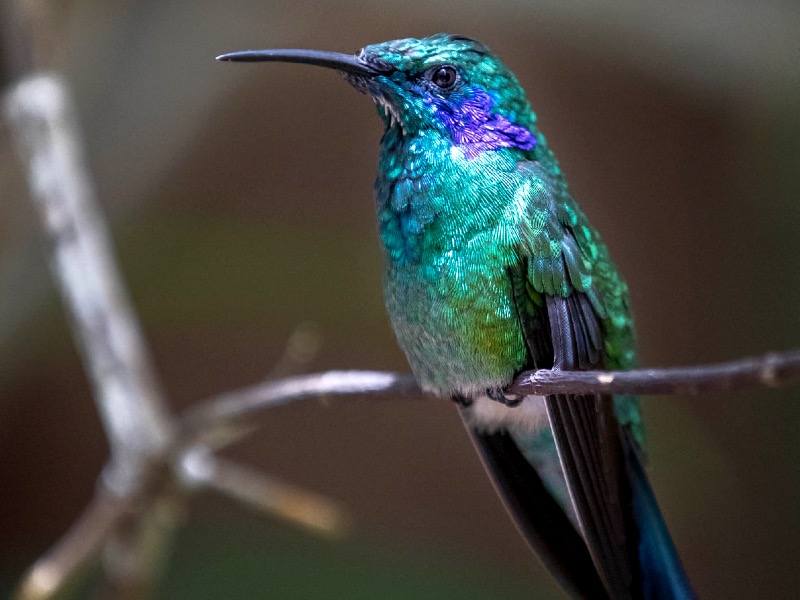
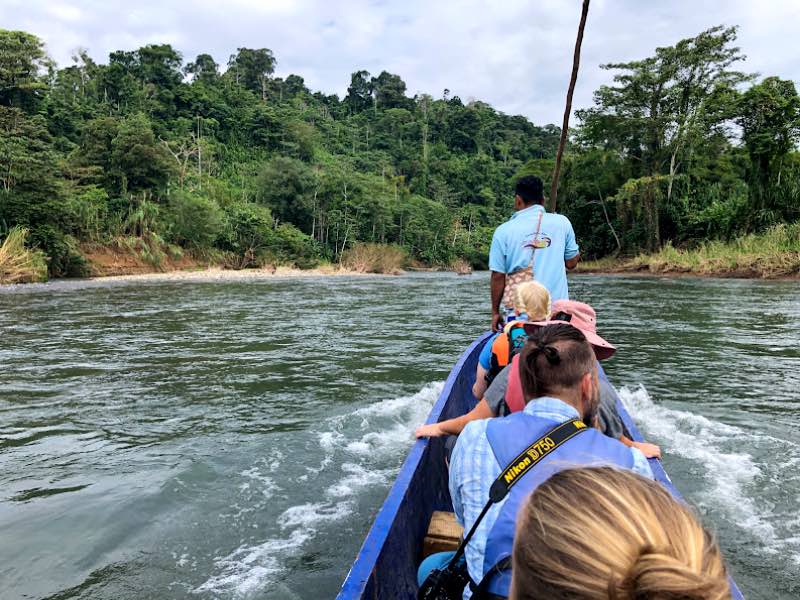
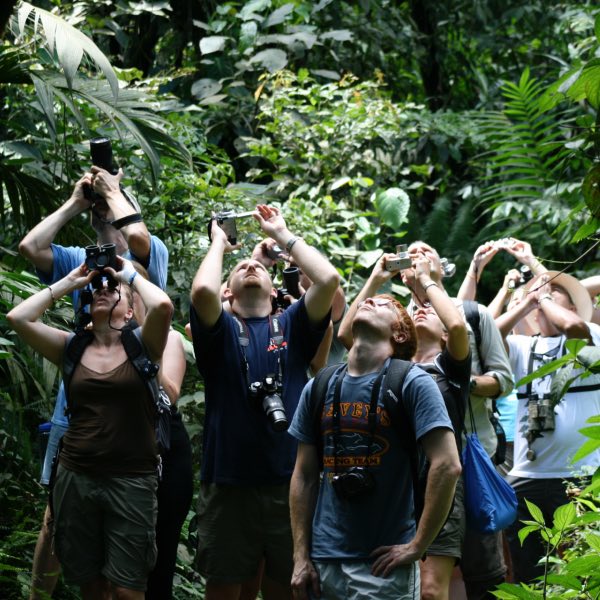
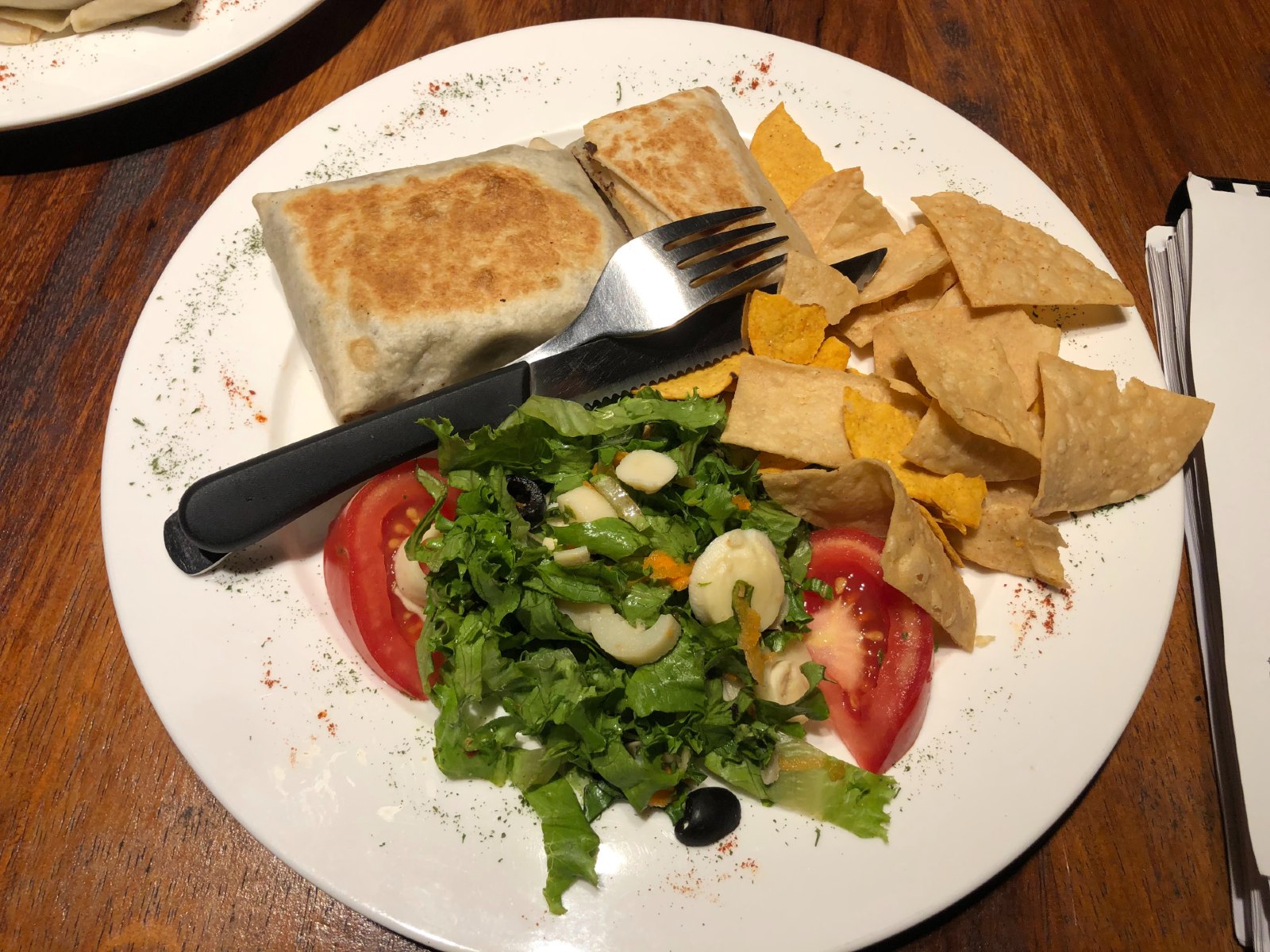
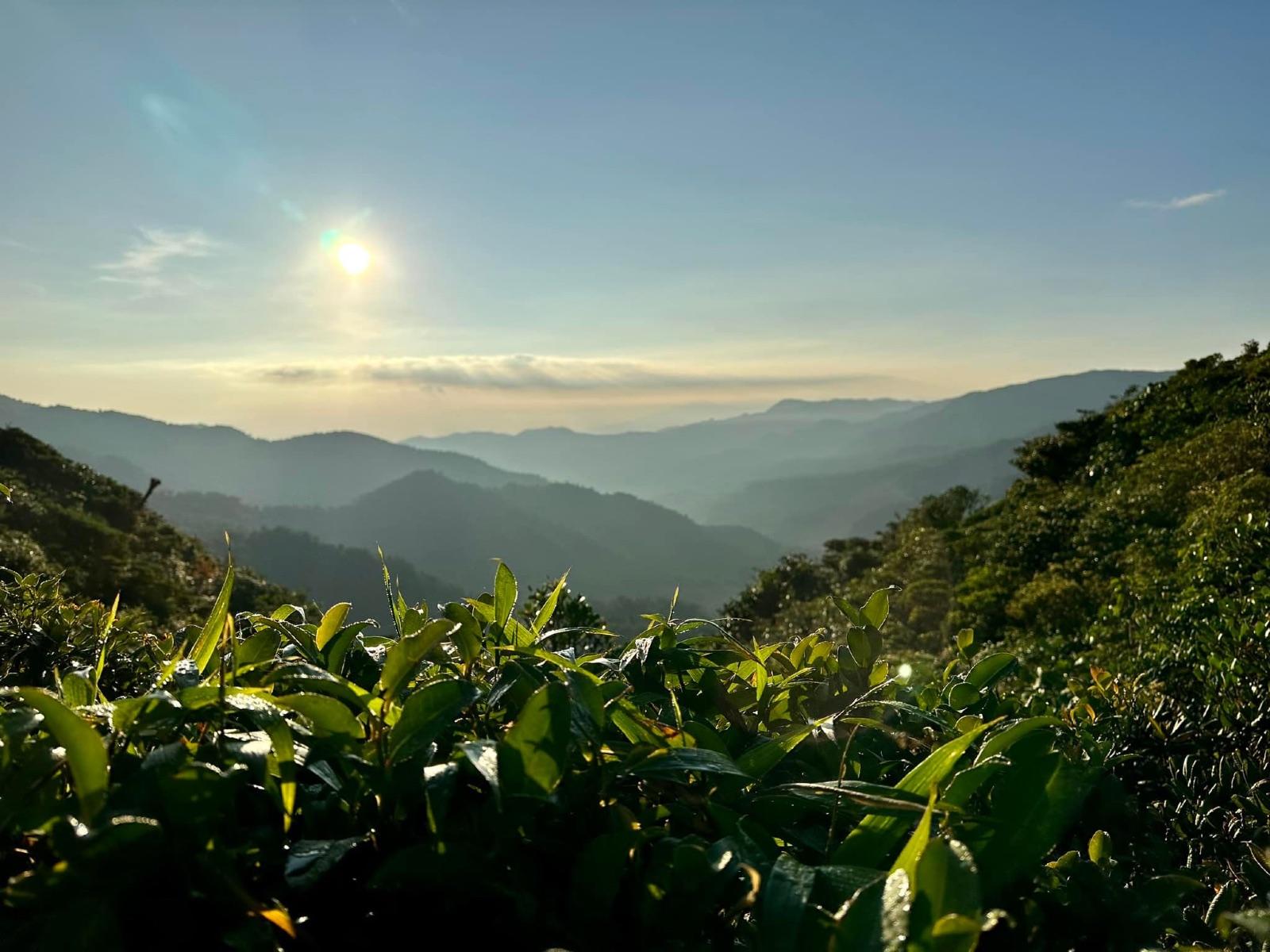
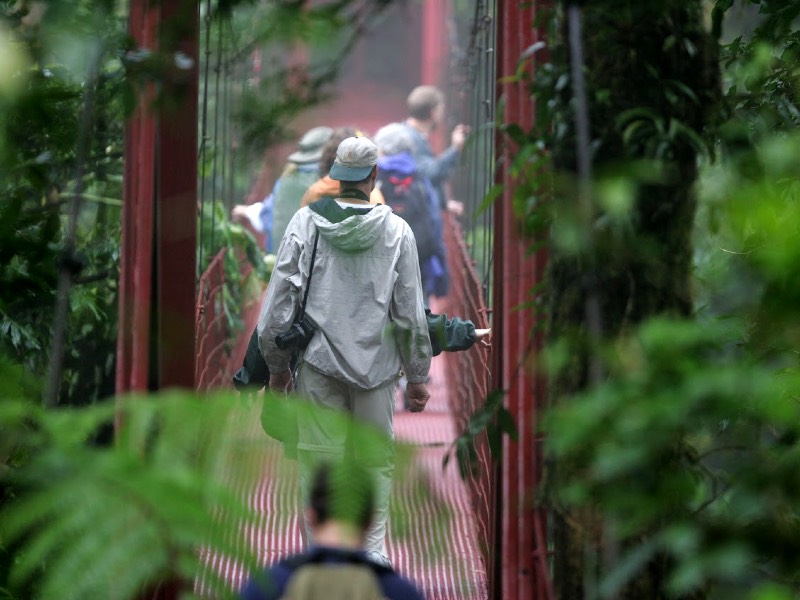
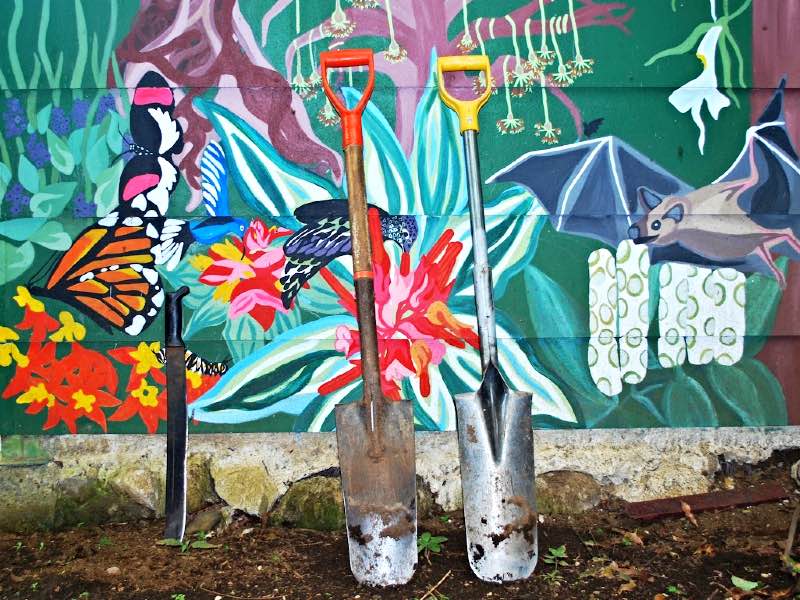
Inside Earth Expeditions
Recorded October 9, 2024, covering Amazon, Costa Rica, Guyana, and the Galápagos.
Want to know more about Dragonfly's global+web-based Earth Expeditions courses? Please view a recording from one of our 2024-25 Inside Earth Expeditions sessions, or join us next fall for an upcoming session, where we share the inside scoop on our EE course locations, partners, and activities. These sessions are perfect for current AIP and GFP students, prospective GFP students, and those interested in taking an EE as an individual course. Each session was led by an experienced member of our instructional team.
Questions?
Check out another EE!
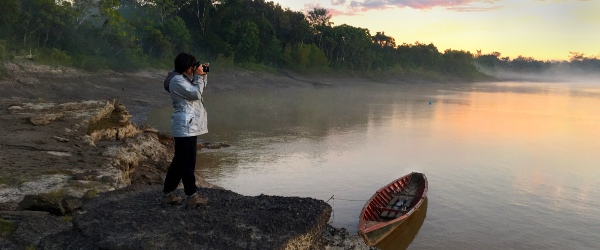
Amazon: Avian & Tropical Ecology
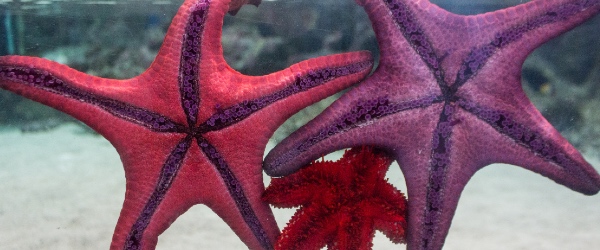
Australia: Great Barrier Reef
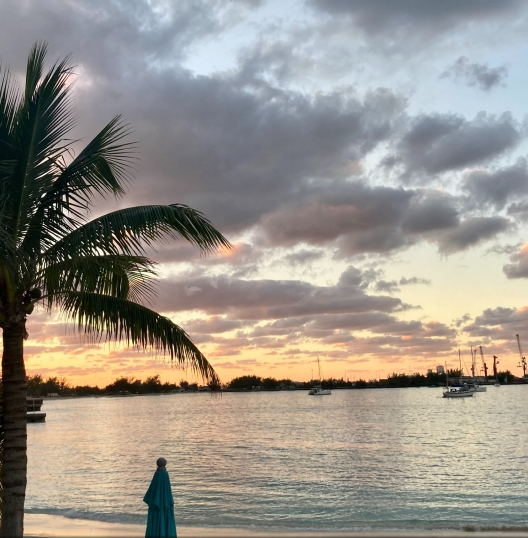
The Bahamas: Cultivating Conservation Networks
Snorkel in biodiverse marine protected areas, explore unique national parks, and gain an understanding of community-driven initiatives by talking directly with local experts at the forefront of conservation.
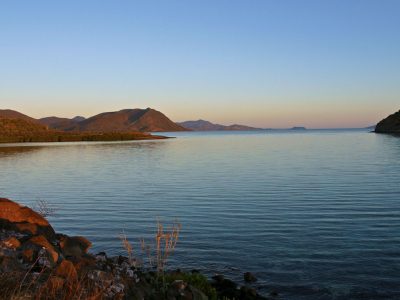
Baja: Field Methods
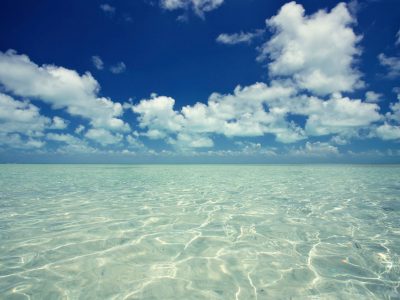
Belize: Approaches to Environmental Stewardship
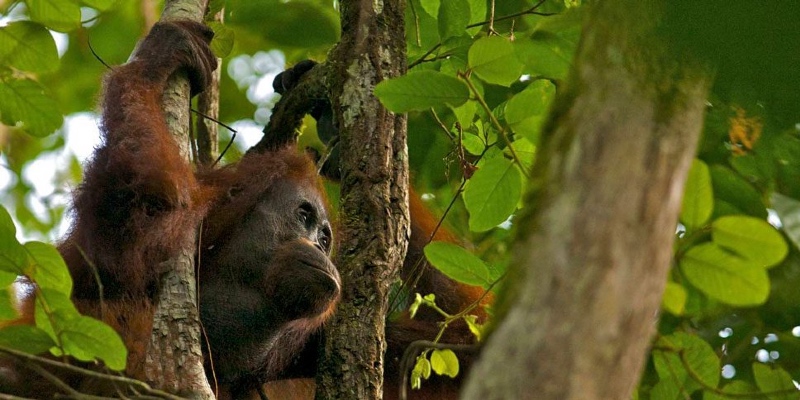
Borneo: Primate Conservation
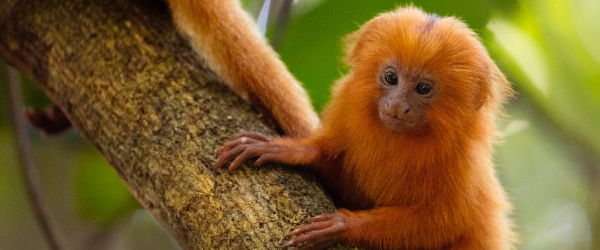
Brazil: Saving Golden Lion Tamarins

Costa Rica: Ecology & Ecotourism
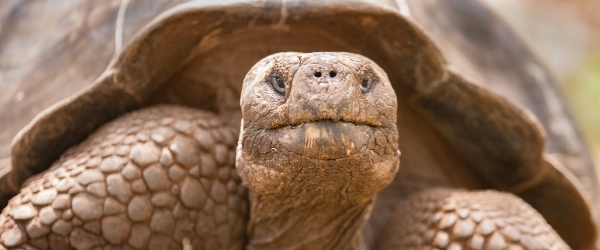
Galápagos: Islands of Change
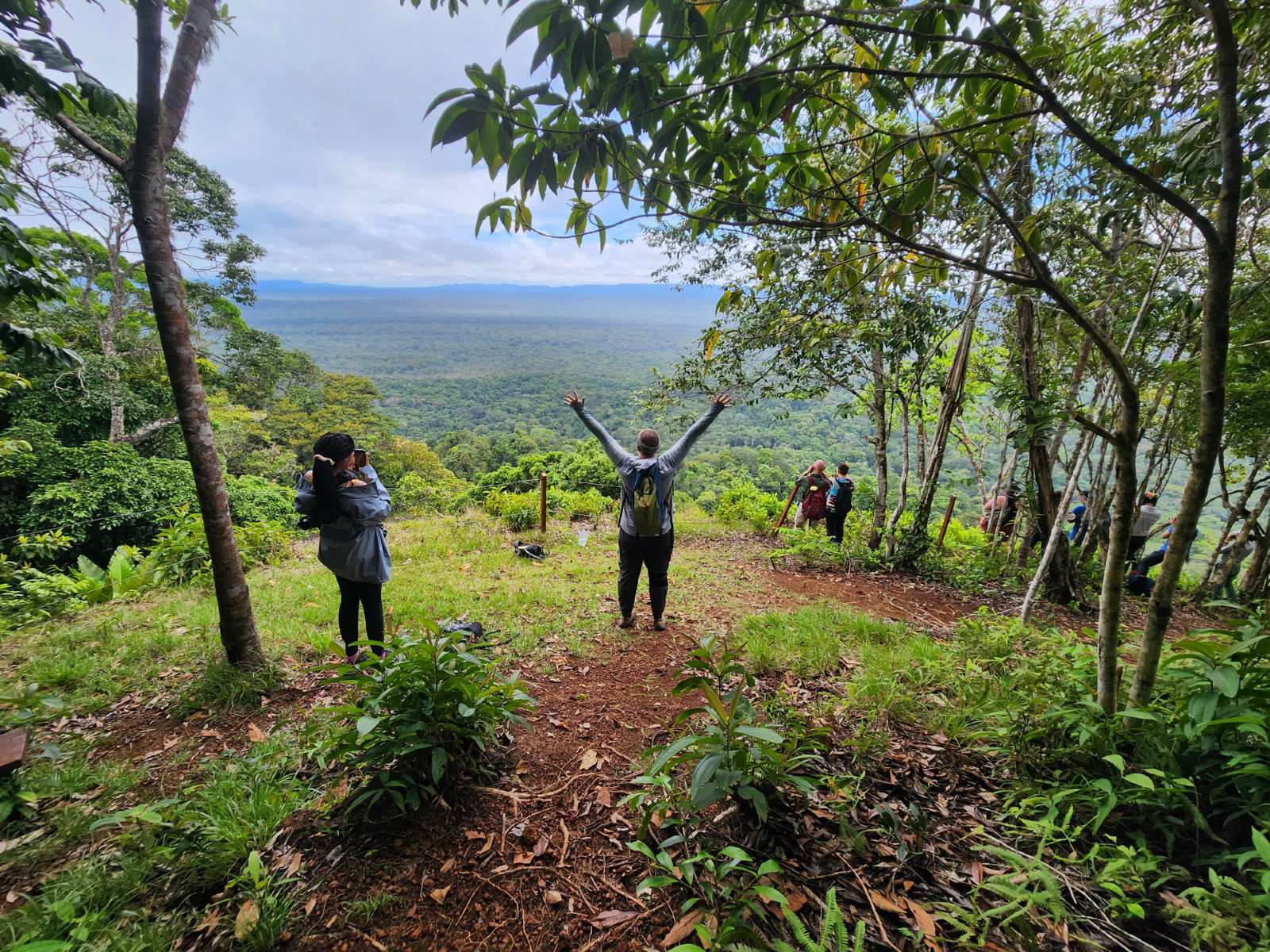
Guyana: Local Wisdom & Conservation
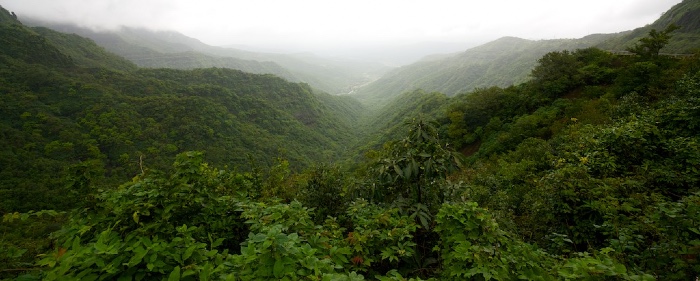
India: Species, Deities & Communities
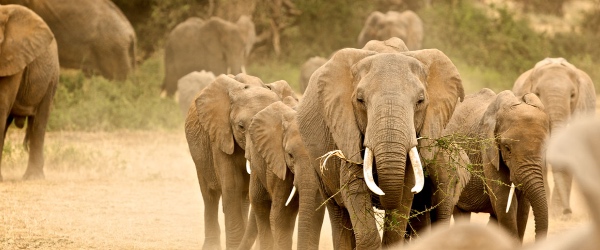
Kenya: Wildlife & People in Integrated Landscapes
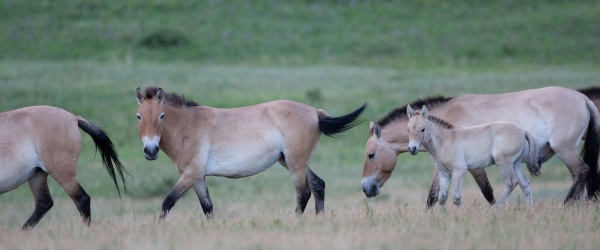
Mongolia: Steppe Ecology & Civic Media

Namibia: Great Cat Conservation
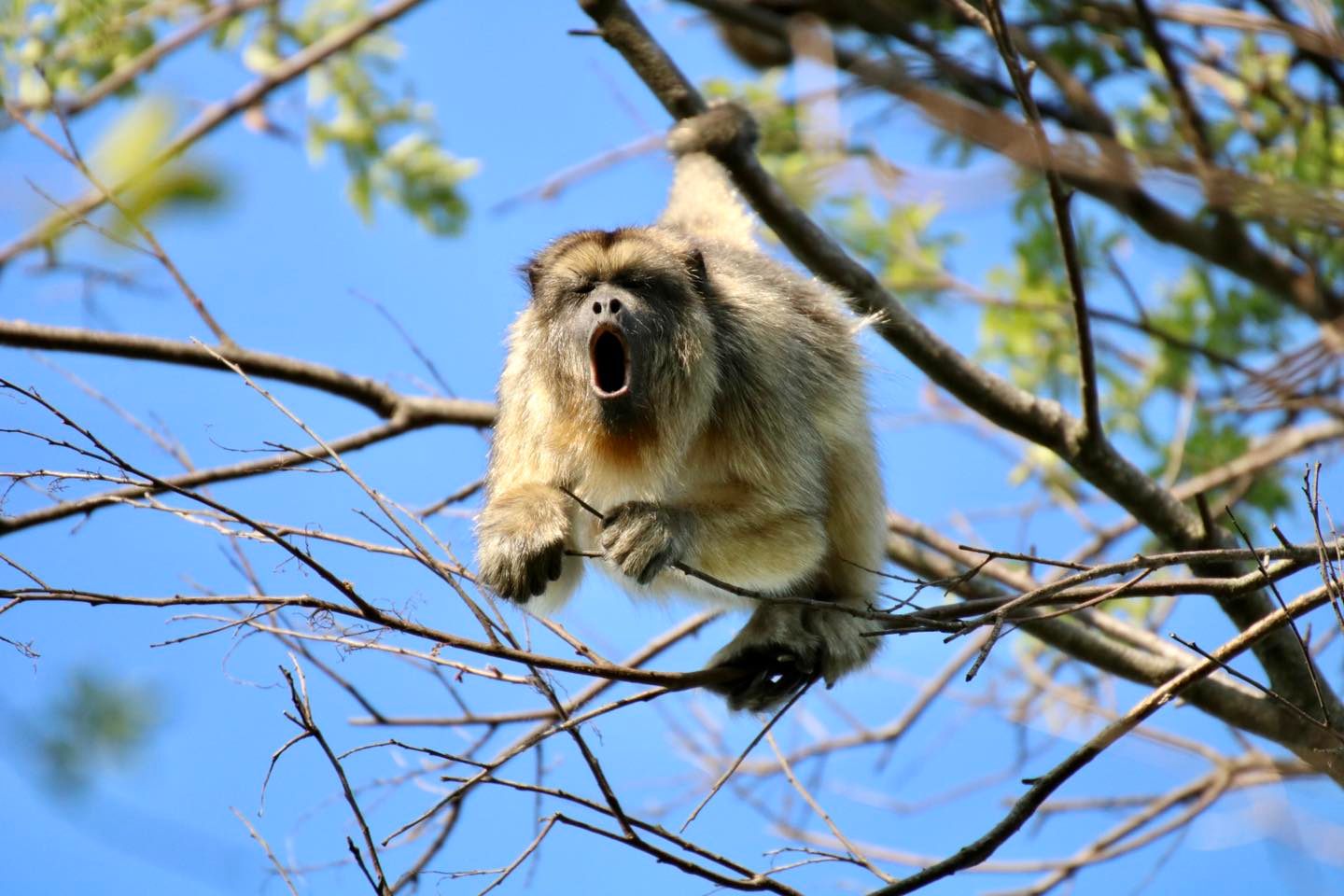
Paraguay: Eco-Leadership
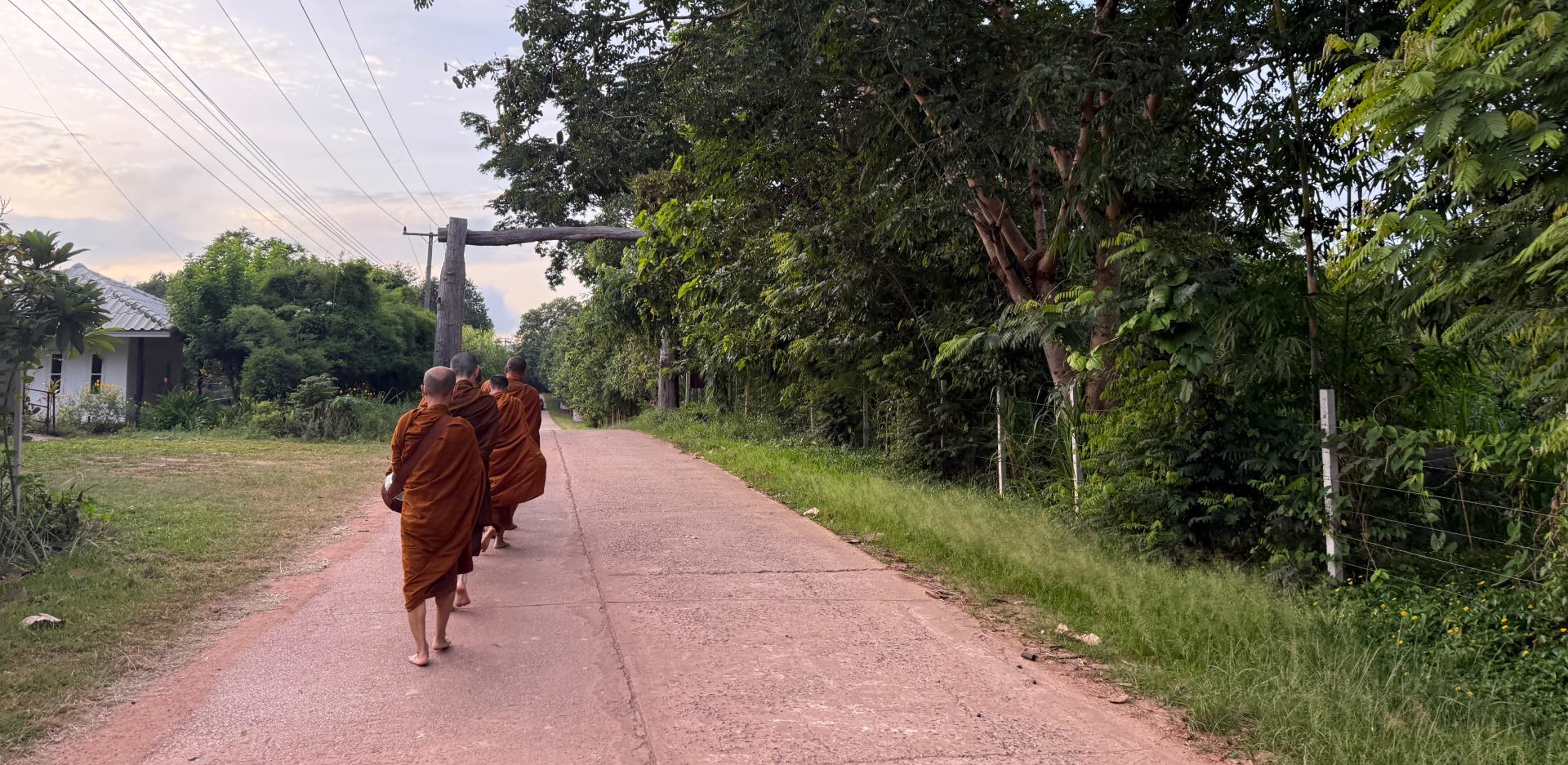
Thailand: Buddhism & Conservation
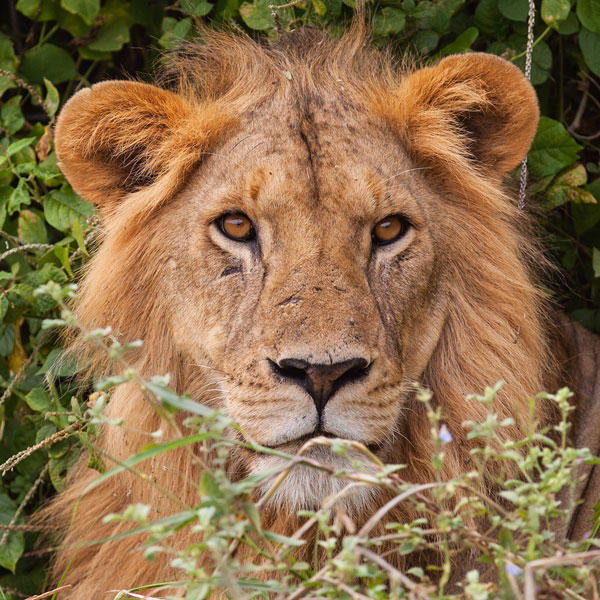
FAQs
